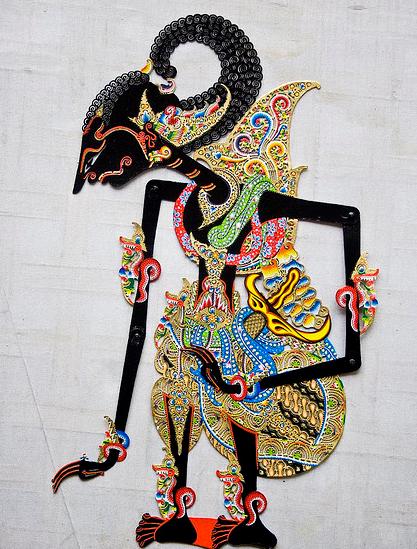Honesty: any gen for it?
Any correlation between honesty and stupidity? Is honesty inherited, like the intelligence? The second question often pop-up into my mind when I see people cheat in the daily life. That question stays in my mind every day when I am traveling. People cheat and corrupt everywhere in Indonesia, mostly for single reason: money.
Some studies show children lie as young as three years old. This fact invalidates common believe “young children never lie.” Might have these children learned lying from their parents or older siblings? Some might have, but the others might not because they lived as a single child and their parents had been careful with exposing negative values to their very young children. Based on my personal life experience, my believe in reincarnation, the Darwinian theory that culture learned traits will be passed to the future generation thousands or millions years later, and the decades of twin research showing similarity in personality between identical twins, I tend to believe honesty is inherited. Human being is not a tabula rasa. Then, another question follows it up: why honest people are so rare? Is the gen recessive and lethal?
I lived in Jakarta with my grandparents since I was five year old. My grandmother was the “treasurer” of the household; the “donor” was my father who came to Jakarta once a week; but the “worker” was my mother whom I saw once a year for a week. I was not the favorite boy of my grandma, my elder brother was. Therefore, asking for money from my grandma was quite an effort for me, mostly failed. Luckily, one of my elder sister had always money and gave me some. But, when I was grade 2, I refused to accept money from her. I preferred being not able to buy things I desired than to receive money from her. My first stupidity. The reason was I saw her taking money from the pocket of my grandma’s trousers, which were hanging on the peg.
I remember that nobody had taught me the value of honesty then. I might have learned it from the Mahabharata epos—I was an avid reader, read any books except law ones. I idolized Krishna for his intelligence and wisdom, and Yudisthira for his virtues especially honesty but not for his stupidity losing the dice game against the Kurava—first supporting “evidence” on the correlation between honesty and stupidity outside myself. In the great battle of Kurukshetra, Yudhisthira, the oldest prince of Pandavas, has to lie in order to make his brother Arjuna win the battle against his former mentor Drona. For lying, God punished Yudhisthira: his chariot had to run on the land, not above the land anymore (reminding me of vehicles in the Star Wars movie).
Many stupidities I have done in my life for being honest: returning my salaries to the Provincial Health Office because they kept coming after I resigned (the money was surely disappeared into the pocket of the official’s); telling my employers about corruption committed by my colleagues that was resulted in hostility from them; informed my boss in the hospital about a medical salesman offered me a wire-transfer for prescribing his pharmaceutical company’s products; etc. In the end, I end up as a poor doctor: no house, no car, no saving. Do I regret? Obviously not. I have a relatively peaceful life except when my wife is not happy.
There might be a gene for honesty—or dishonesty—but it will develop in a specified set environment. Parenting, moral education at school and community, and life experience, I believe, are the determinants for being an honest or dishonest person. The person with gen for honesty will accept the value easier than the one who does not have it, or his/her dishonesty gen is more dominant. It is just my personal theory; the geneticist have not found the gen for honesty yet. Will the world be better if they find it?





